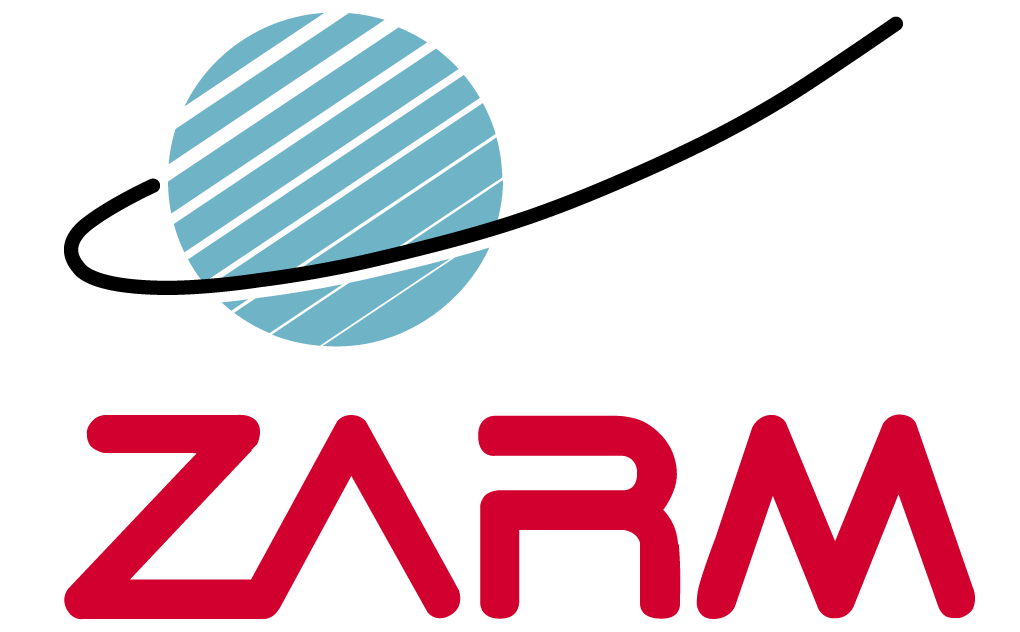Gravitational Theory
ABOUT OUR RESEARCH
Our research is focused on general relativity and its applications in astrophysics and geodesy as well as relations to quantum physics. This includes astrophysical extreme mass ratio systems and accretion disks around black holes as well as investigations of relativistic effects on the motion of satellites. The relativistic effects in rates of clocks on Earth and in space are crucial e.g. for height determination in geodesy. Moreover, we study fundamental problems in electrodynamics and in alternative theories of gravity.
Our fields of research
- Dynamics of light, particles (stars), and fluids in relativistic spacetimes using mostly analytical techniques
- Applications in relativistic astrophysics: extreme mass ratio systems, pulsar timing, accretion disks, gravitational lensing
- Tests of gravity: investigation of relativistic effects on satellites orbiting the Earth as well as Earth- or space-based clocks
- Relativistic geodesy: basic notions in General Relativity (GR), new concepts using the additional gravity degrees of freedom in GR; related topics are synchronisation and geodetic reference frames
- Alternative/modified theories of gravity and electrodynamics
CONTACT

Cluster of Excellence 'QuantumFrontiers'
The QuantumFrontiers program explores light and matter at the quantum frontier, advancing quantum and nanometrology to enhance measurement precision. These innovations enable groundbreaking technologies, from probing gravitational waves to understanding quantum-scale phenomena, deepening our knowledge of nature at both cosmic and microscopic scales.

Collaborative Research Center 'TerraQ - Relativistic and Quantum-based Geodesy'
The long term vision of TerraQ is to create a new geodesy based on quantum physics and general relativity, enabling unique prospects for satellite geodesy, gravimetric Earth observation and reference systems.
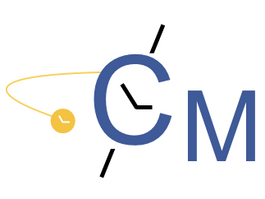
Research Unit 'Clock Metrology: A Novel Approach to TIME in Geodesy'
This research unit develops methods to enhance geodetic reference systems by linking all space geodetic techniques to a common time system. Accurate, stable global reference frames are essential for positioning, navigation, and understanding long-term geodynamic and climate processes, including plate tectonics and sea-level change.
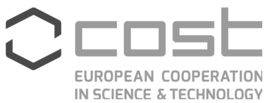
Cost Action 23130 - Bridging high and low energies in search of quantum gravity (BridgeQG)
This COST Action Network brings together theorists and experimentalists to explore the regime where gravity meets quantum physics. From astrophysical observations to precision table-top experiments, the aim is to understand Planck-scale effects and study gravity's influence on quantum systems, bridging expertise in quantum-gravity, -optics, -mechanics, and high-energy astrophysics.
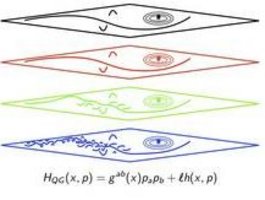
DFG Project 'Momentum dependent spacetime geometries: Traces of quantum gravity and fields in media'
This project establishes a rigorous mathematical framework for effective quantum spacetime geometries using Finsler and Hamilton geometry. It seeks to derive observable predictions (e.g., particle trajectories, time delays, light deflections), study classical and quantum field propagation on quantum spacetime, and develops the dynamics that determine the quantum spacetime geometry.
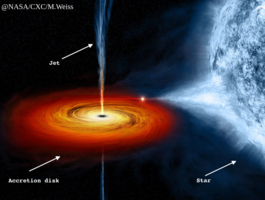
DFG project: General relativistic theory of charged accretion disk structures around black holes: influence of the (self)-electromagnetic interaction
Accretion disks around black holes and neutron stars, shaped by electromagnetic fields, provide insights into strong-gravity regimes. This project explores charged fluid disks, focusing on their self-interactions through analytic models and GRMHD simulations, aiming to unravel complex phenomena in disk structure, physics, and evolution near compact objects.
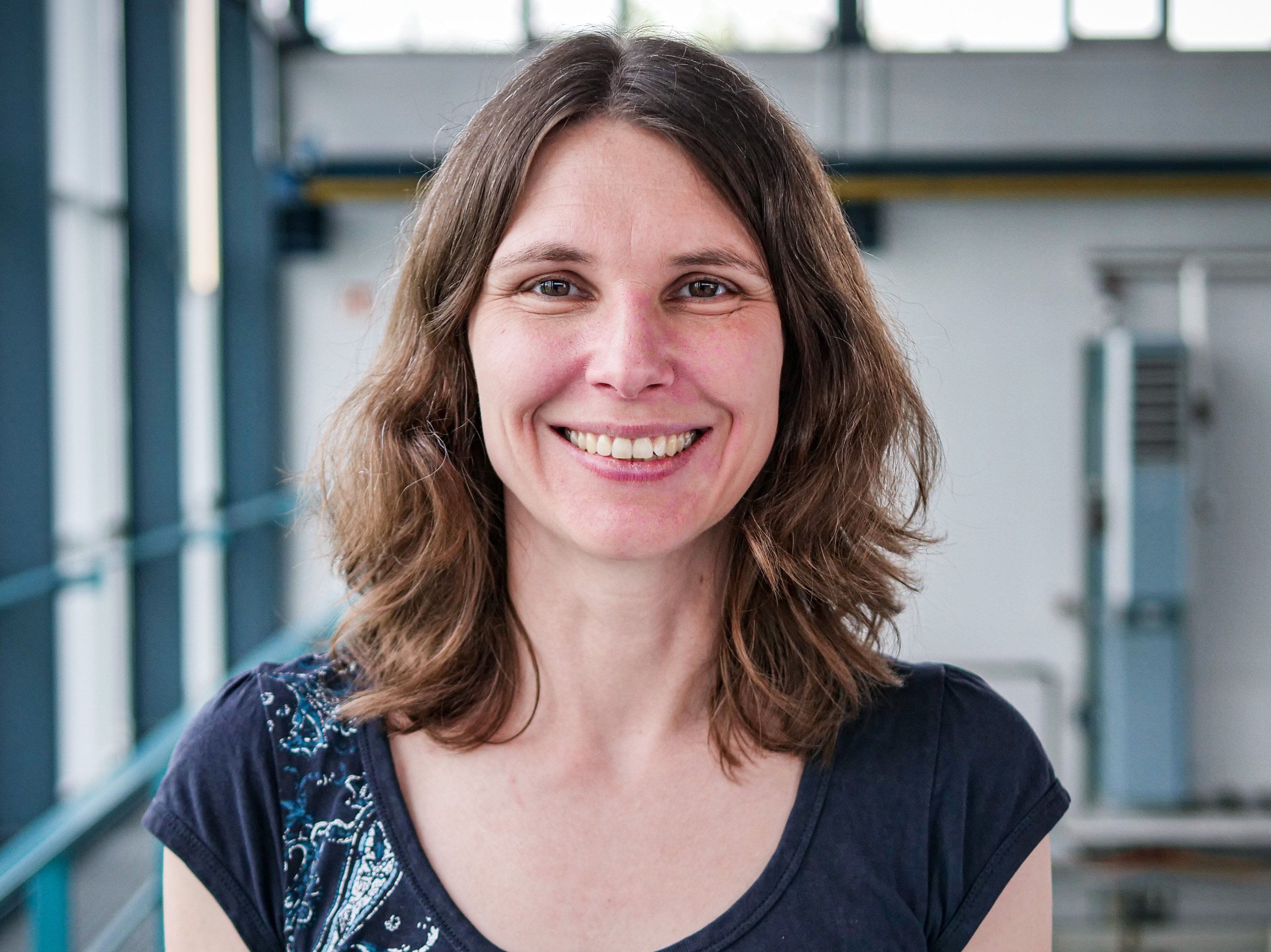
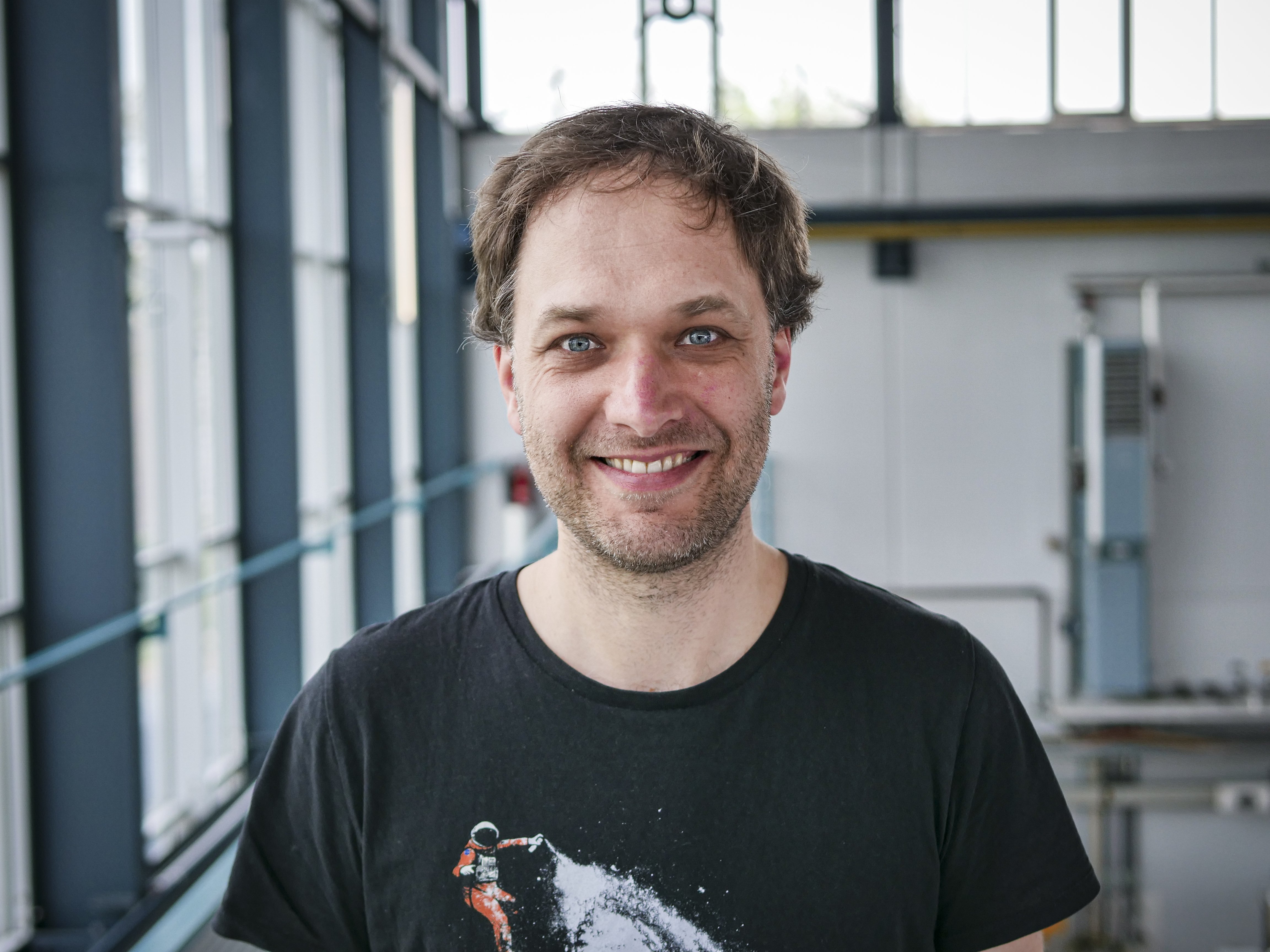

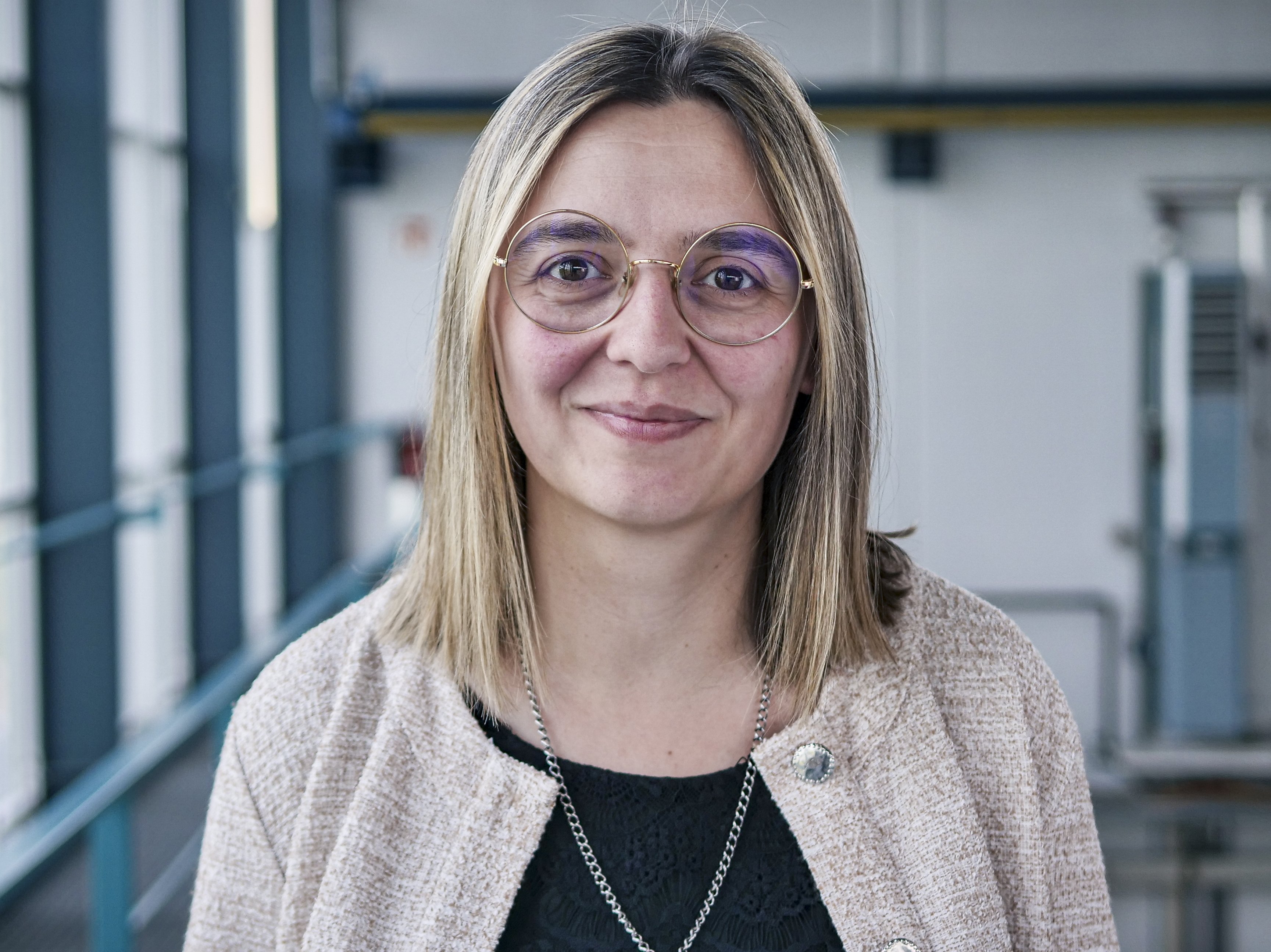

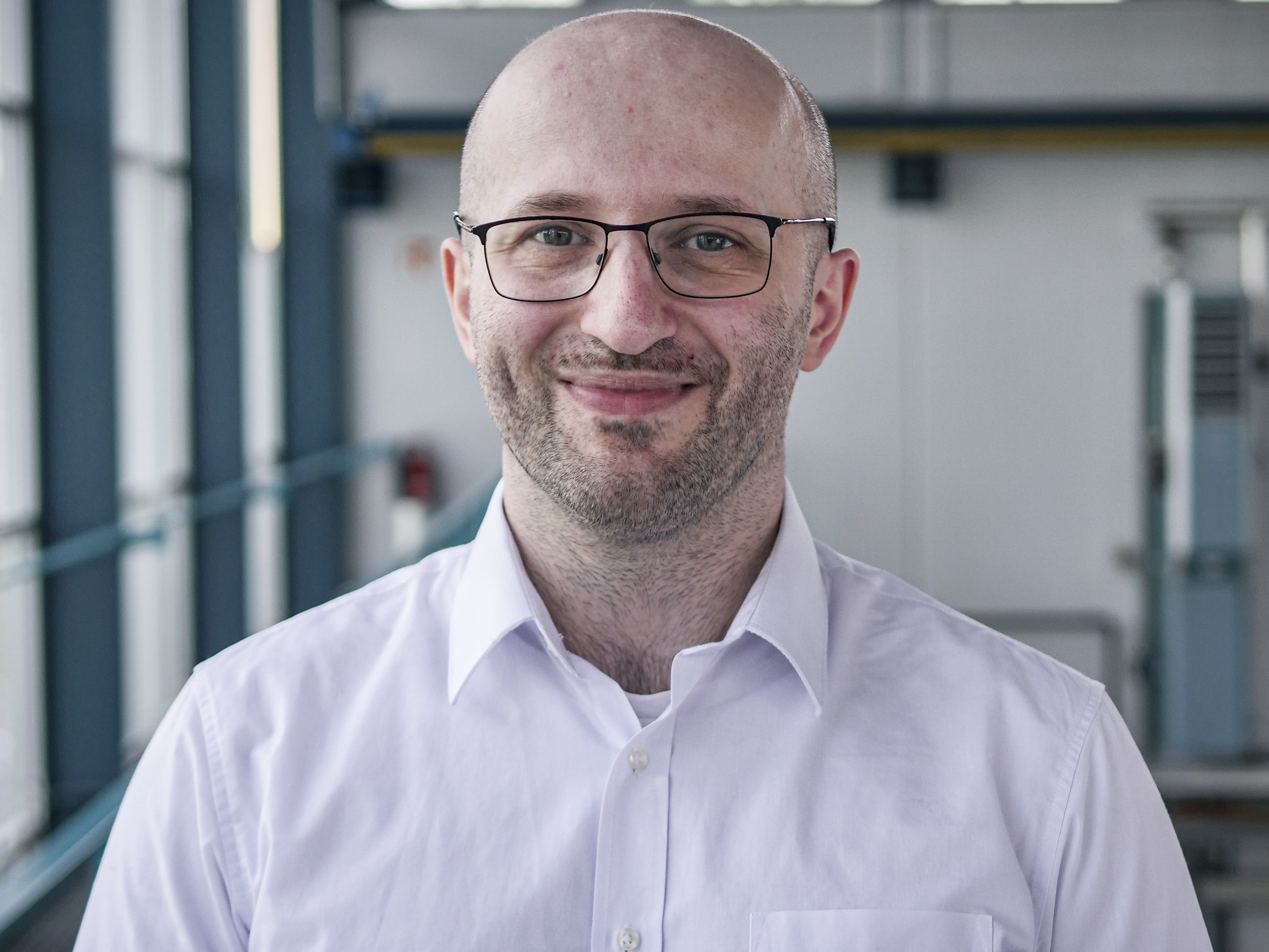




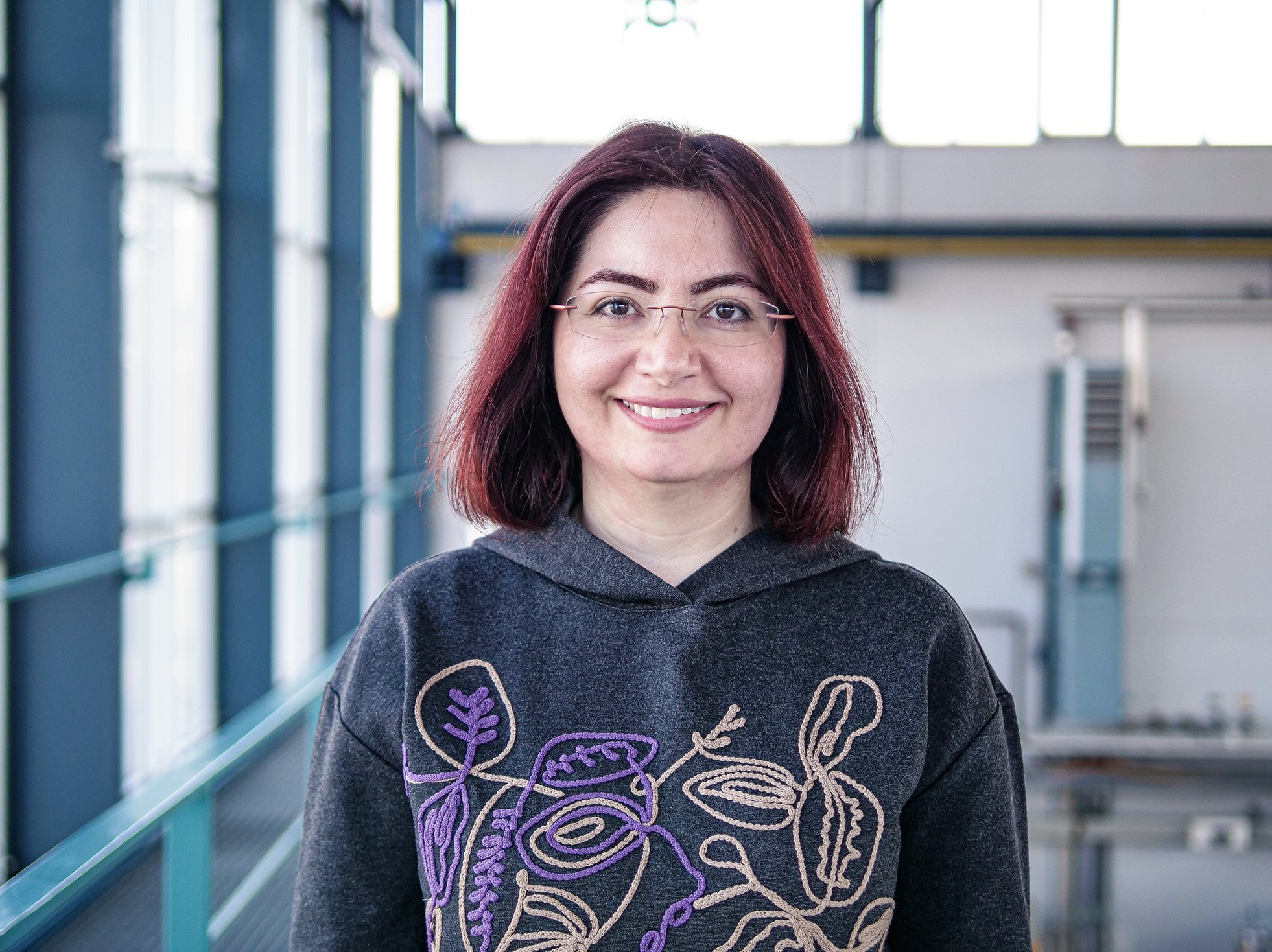
The list below shows the latest 25 publications of this research group. For the complete, searchable list of ZARM publications, please click more
2021
Teleparallel axions and cosmology
Eur. Phys. J. C, 81 (4) :376
2021
2020
Application of the Gauss–Bonnet theorem to lensing in the NUT metric
Gen. Rel. Grav., 52 :112
2020
Aschenbach effect for spinning particles in Kerr spacetime
Phys. Rev. D, 102 :024021
2020
Cosmological Finsler Spacetimes
Universe, 6 (5) :65
2020
Extended gravitational clock compass: new exact solutions and simulations
Phys. Rev. D, 102 :044027
2020
Generalized nonlocal gravity framework based on Poincaré gauge theory
Phys. Rev. D, 101 :104054
2020
Gravitational clock compass and the detection of gravitational waves
Phys. Rev. D, 101 :044012
2020
Influence of test charge and uniform magnetic field on charged fluid equilibrium structures
Phys. Rev. D, 101 :083027
2020
Influence of weak electromagnetic fields on charged particle ISCOs
Gen. Rel. Grav., 52 :22
2020
Kerr analogue of Kinnersley's Field of an arbitrarily accelerating point mass
Phys. Rev. D, 102 :044044
2020
On the Non Metrizability of Berwald Finsler Spacetimes
Universe, 6 (5) :65
2020
Particle collisions near static spherically symmetric black holes
Phys. Lett. B, 810 :135850
2020
Relativistic geoid: Gravity potential and relativistic effects
Phys. Rev. D, 101 :064032
2020
Relativistic kinetic gases as direct sources of gravity
Phys. Rev. D, 101 (2)
2020
Schwarzschild black hole surrounded by quintessential matter field as an accelerator for spinning particles
Phys. Rev. D, 102 :064046
2020
Second order causal hydrodynamics in Eckart frame: using gradient expansion scheme
Class. Quant. Grav., 37 :075010
2020
Simulation of geodesic trajectory of charged BTZ black holes in massive gravity
Eur. Phys. J. C, 80 :524
2020
Standing wave solutions in Born-Infeld theory
Ann. Phys. (NY), 422 :168303
2020
The exterior gravitational potential of toroids
Mon. Not. Roy. Astr. Soc., 494 :5825
2020
The kinetic gas universe
Eur. Phys. J. C, 80 :809
2020
Thin accretion disk around the distorted Schwarzschild black hole
Phys. Rev. D, 101 :023002
2020
2019
Constitutive law of nonlocal gravity
Phys. Rev. D, 99 :104013
2019
Constraining the charge of the Galactic centre black hole
J. Physics Conf. Ser., 1258 :012031
2019
Interior potential of a toroidal shell from pole values
Mon. Not. Roy. Astron. Soc., 486 :5656
2019
On the Schrödinger spectrum of a hydrogen atom with electrostatic Bopp-Landé-Thomas-Podolsky interaction between electron and proton
Int. J. Modern Phys. A, 34 :1950146
2019



